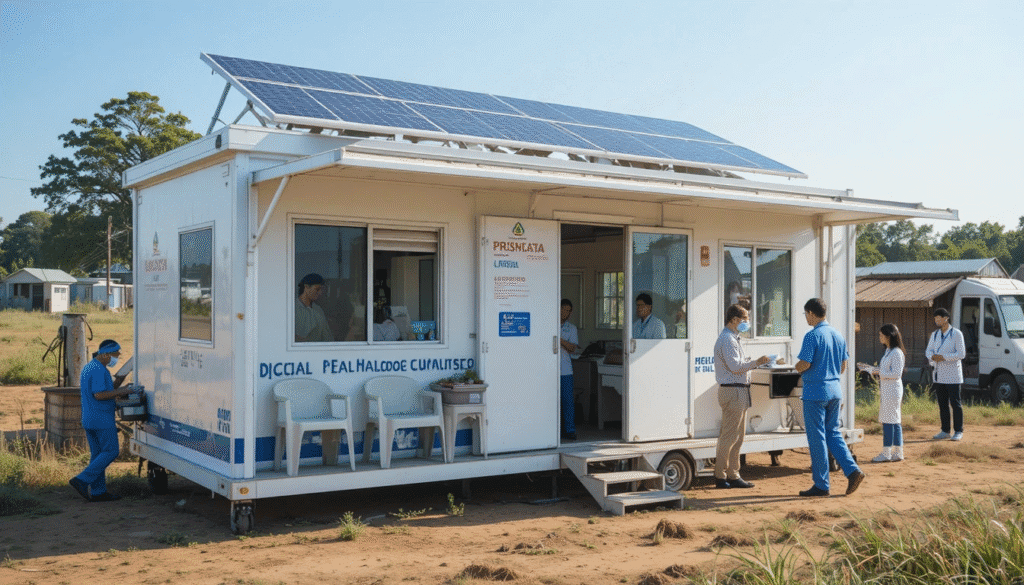Portable or modular buildings offer versatile solutions for various industries, including healthcare. Emergency response and disease prevention campaigns may benefit from buildings and office solutions that can be deployed rapidly. Portable healthcare buildings are adaptable to different settings and projects, providing solutions for test rooms, offices, and storage centers. Here are a few ways to meet community health needs with portable healthcare buildings:
Increased Reach
Modular healthcare buildings offer flexible, on-site spaces that serve various clinical roles. From reception areas to exam rooms and backend offices, these buildings are customized to fit unique needs. They’re prefabricated and delivered ready for installation, and can be disassembled and relocated to serve other campaigns. This flexibility allows hospitals, governments, and private healthcare firms to quickly establish facilities in places where hospitals are scarce or absent.
The offices are customized to support diagnostic tools, vaccination, and routine checkups. Minimal environmental impact makes portable healthcare buildings ideal for remote areas. The buildings can be torn down and relocated after the community immunization or outreach campaign is accomplished. This flexibility allows governments to manage chronic conditions, prevent disease outbreaks, and gather population health metrics more effectively.
No permanent buildings have to be built unless it’s necessary. Modular buildings may also be repurposed or adapted to evolving project needs. Manufacturers and installers are able to stack the units to provide more space or scale them down when demand drops. The design is flexible and supports custom corners and angles. Portable buildings can be stationed at marketplaces, schools, community centers, and other accessible community spaces.
Emergency Response
Portable buildings strengthen emergency and crisis response by providing custom, functional solutions on demand. Traditional concrete and wood buildings involve lengthy construction timelines that may include cement curing, city permits, and approvals. Emergencies, such as disease outbreaks, require buildings that can be rapidly delivered. Modular buildings come in standard, ready-to-use designs with adequate prefabricated stock.
If the supplier has prebuilt units in stock, deployment can be as simple as transporting the modules to the site and assembling them. Portable buildings also provide versatile spaces that are able to be used for first aid, wound care, immunization, and other community healthcare campaigns. Rapid deployment allows hospitals and healthcare organizations to set up emergency ICU units or vaccination centers. The units are adaptable and customizable, offering unique spaces for storage, digital displays, freezers, and other equipment.
Portable healthcare structures support modern initiatives that may be organized within short deadlines. Natural disasters and outbreaks usually leave little time for long-term plans. Opportunities to address community health issues, such as eye, ear, and dental conditions, or chronic diseases like diabetes and arthritis, may also require quick planning. Modular buildings offer quick setup and flexibility that allows them to be used in national or local emergency preparedness strategies. Governments can analyze past emergencies to improve future response plans, incorporating modular healthcare spaces as part of their preparedness strategies.
Technology Integration
Portable healthcare structures offer enhanced flexibility and customization that support modern technology integrations. The units feature roofs with solar panels that power smart lighting fixtures. Offices may have digital screens and Wi-Fi integrations. Suppliers also set up climate-controlled units that support specific functions, such as research, specimen storage, transfusions, and surgical operations. Portable buildings may be fitted with ultrasound and ECG machines that help with imaging and monitoring. They also have custom HVAC units, alarm systems, and safety integrations. Flexible designs allow healthcare teams to create versatile and dedicated rooms that support on-site interventions and professional coordination. Digital communication and remote monitoring systems can be set up to support community healthcare initiatives like outbreak management.
Integrating modern technologies also provides opportunities for increased data collection and healthcare personalization. Portable buildings give healthcare professionals functional spaces that provide the technological support required for various projects. They serve as brightly lit optical centers or cold, climate-controlled drug storage stations. Modular structures enable consistency during remote outreach and campaigns in places without the infrastructure or resources for standard diagnostics and efficiency.
Speak to a Portable Healthcare Buildings Supplier
Modular buildings are customizable with large office spaces, breakrooms, kitchenettes, and special exam rooms. The structures come in standard layouts but can be customized to fit your needs. Speak to a modular structures supplier today to find out more about portable healthcare buildings.


